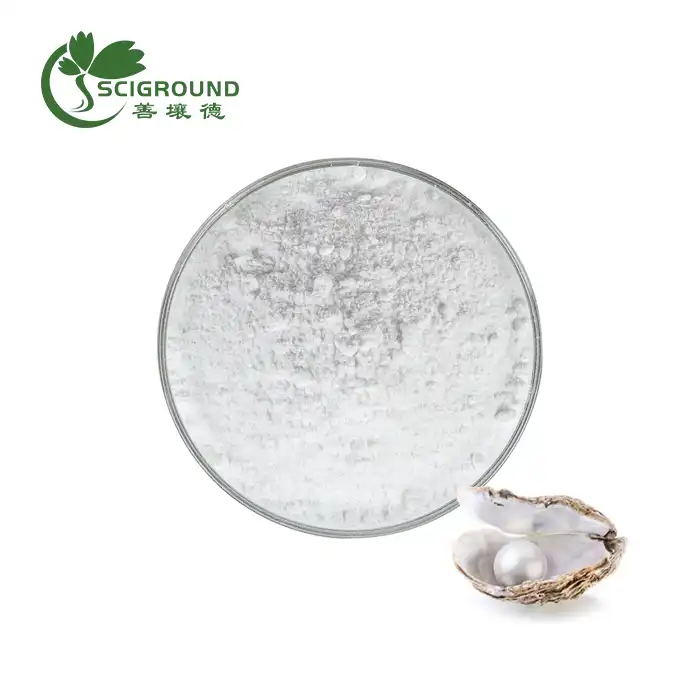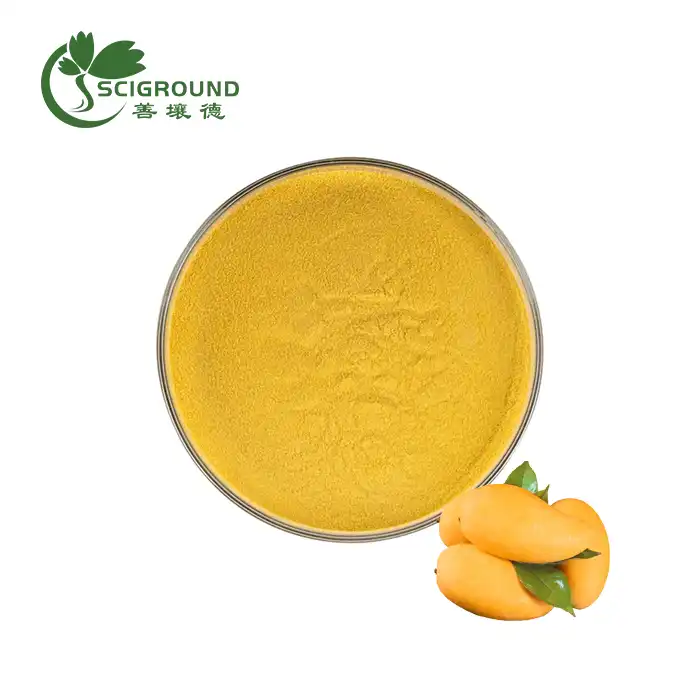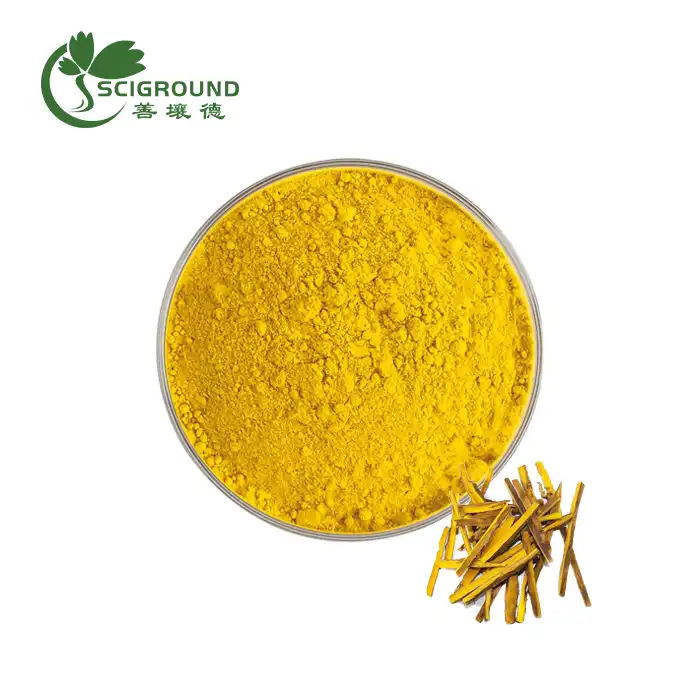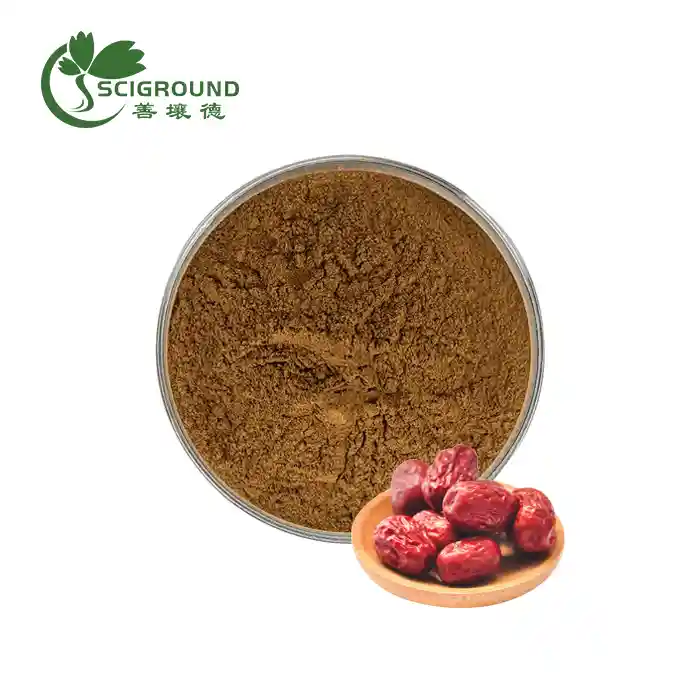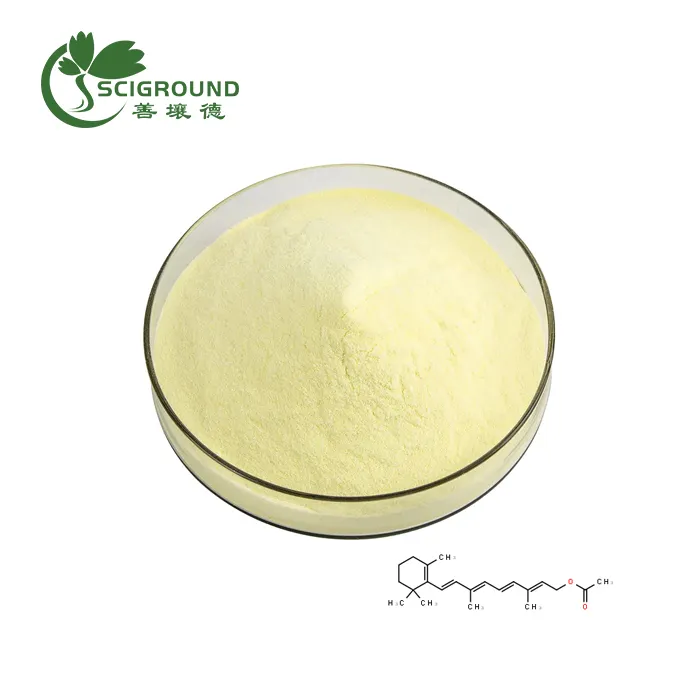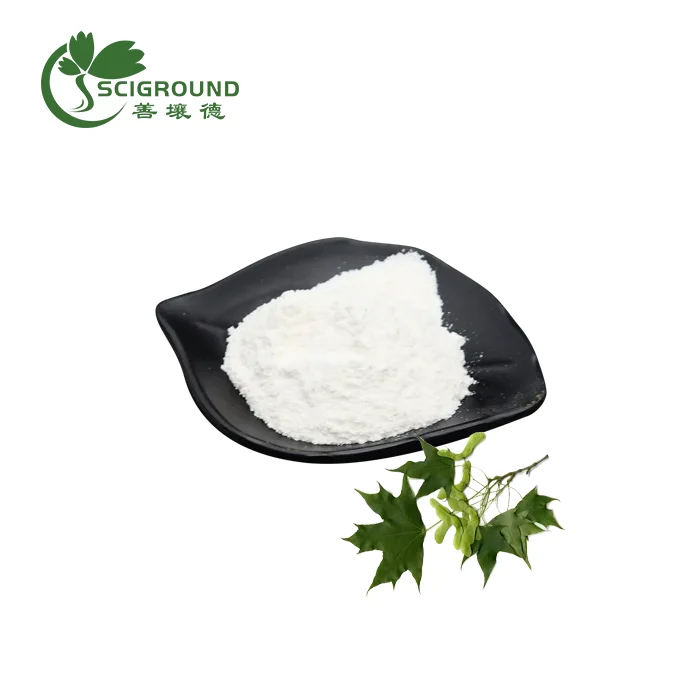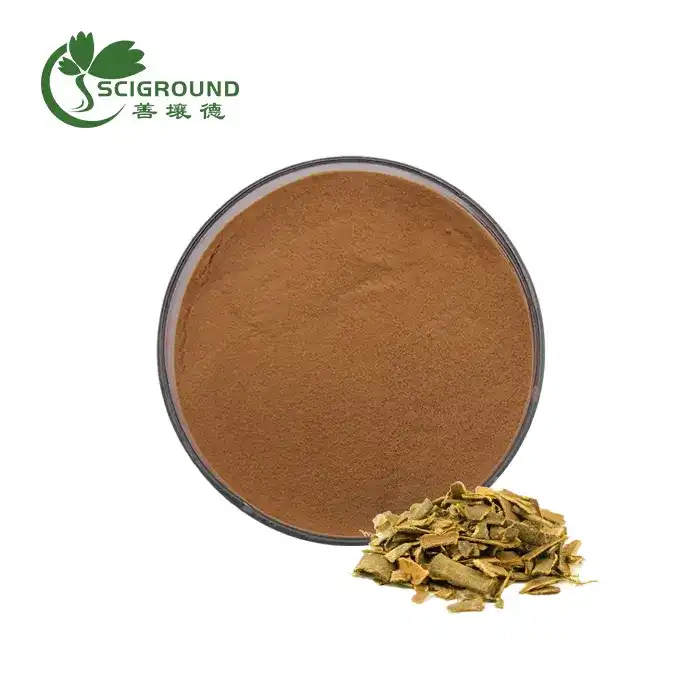Is agar agar powder the same as jelly powder?
Agar agar powder and jelly powder are often confused, but they're not exactly the same thing. While both are used as gelling agents in cooking and baking, they have distinct characteristics and origins. Agar agar powder is derived from seaweed, specifically red algae, making it a plant-based option. On the other hand, jelly powder, which often contains gelatin, is typically made from animal collagen. This key difference makes agar agar powder a popular choice for vegetarians and vegans.
Agar agar powder has gained popularity due to its versatility and unique properties. It sets more firmly than gelatin and can withstand higher temperatures without melting. This makes it an excellent choice for desserts and dishes that need to maintain their shape in warmer environments. Let's explore how to use this fascinating ingredient and discover its benefits.
How to use agar agar powder for jelly?
Creating jelly with agar agar powder is a simple process that yields delightful results. Here's a step-by-step guide to help you master the art of using agar agar powder:
1. Measure and soften the agar
Begin by measuring the appropriate amount of agar agar powder into a saucepan. The general rule of thumb is to use about 1 teaspoon of agar agar powder for every cup of liquid. Pour in your chosen cool liquid, but resist the urge to stir or heat it immediately. Allow the mixture to sit for about 10 minutes, giving the agar agar time to soften and hydrate. This crucial step ensures that the agar dissolves thoroughly later on.
2. Heat and dissolve
After the softening period, place the saucepan over medium heat. Gently bring the mixture to a simmer, stirring constantly to ensure the agar agar powder dissolves completely. Unlike gelatin, agar agar requires a higher temperature to activate its gelling properties fully. Aim for a temperature between 85°C and 90°C (185°F to 194°F). Maintain this temperature for about 5 minutes, continuing to stir to prevent any powder from sticking to the bottom of the pan.
3. Add flavors and pour
Once the agar agar has fully dissolved, you can add any additional flavors or ingredients to your jelly. This might include fruit juices, sweeteners, or essence. Stir well to incorporate everything evenly. Then, carefully pour the hot mixture into your chosen mold or container. For best results, use a shallow glass pan or bowl, ensuring the jelly layer is no more than 2 inches thick. This allows for even setting and easier unmolding later.
4. Cool and set
Unlike gelatin-based jellies that require refrigeration to set, agar agar will begin to solidify at room temperature. However, to speed up the process and achieve the best texture, place your jelly in the refrigerator for about 20-30 minutes. The cooling time may vary depending on the size and depth of your mold.
5. Unmold and serve
When your jelly has set completely, it's time to unmold. Run a thin knife or toothpick around the edge of the jelly to loosen it from the container. If you're having trouble releasing the jelly, you can briefly dip the bottom of the mold in warm water to help it slide out more easily. Once unmolded, your agar agar jelly is ready to be served and enjoyed!
Remember, agar agar sets more firmly than traditional gelatin-based jellies, so you may need to adjust your expectations and recipes accordingly. With a little practice, you'll be creating beautiful, plant-based jellies that are perfect for a wide range of culinary applications.
Why is my agar agar jelly not solidifying?
If you're experiencing issues with your agar agar jelly not setting properly, don't worry – you're not alone. Several factors can affect the gelling process of agar agar. Let's explore some common reasons why your jelly might not be solidifying and how to troubleshoot these issues:
Incorrect agar agar to liquid ratio
One of the most common reasons for agar agar jelly not setting is using too little powder for the amount of liquid. Remember, a little goes a long way with agar agar. Generally, you'll need about 1 teaspoon of agar agar powder for every cup of liquid. However, this can vary depending on the desired firmness and the specific recipe. If your jelly isn't setting, try increasing the amount of agar agar slightly.
Insufficient heating
Agar agar needs to reach a specific temperature to activate its gelling properties fully. Unlike gelatin, which dissolves at lower temperatures, agar agar requires heating to between 85°C and 90°C (185°F to 194°F). If you haven't heated your mixture enough, the agar agar may not set properly. Use a kitchen thermometer to ensure you're reaching the correct temperature.
Overheating or prolonged boiling
While it's crucial to heat agar agar sufficiently, overheating or boiling for too long can actually diminish its gelling ability. Once your agar agar has dissolved completely and reached the correct temperature, remove it from the heat promptly. Prolonged exposure to high heat can break down the agar's structure.
Acidity of ingredients
The pH level of your mixture can significantly impact agar agar's ability to set. Highly acidic ingredients like citrus fruits or vinegar can weaken the gelling power of agar agar. If you're using acidic ingredients, you may need to increase the amount of agar agar powder to compensate. Alternatively, you can try adding the acidic components after the agar agar has begun to set.
Enzyme interference
Certain fruits contain enzymes that can interfere with agar agar's setting process. These include kiwi, pineapple, papaya, mango, and fresh figs. The enzymes in these fruits can break down the agar agar's structure, preventing it from setting properly. If you're using these fruits, try cooking them briefly before adding them to your agar agar mixture. The heat will denature the enzymes, allowing your jelly to set.
Incomplete dissolution
Ensure that you're stirring your agar agar mixture constantly while heating. This helps prevent the powder from settling at the bottom of the pan and ensures it dissolves completely. Undissolved agar agar particles won't contribute to the gelling process, resulting in a weaker set.
Environmental factors
High humidity can sometimes cause agar agar jellies to "sweat" or become softer than desired. If you live in a particularly humid climate, you might need to adjust your recipe slightly. Try adding a small amount of cornstarch (about 1 teaspoon per cup of liquid) along with the agar agar to help stabilize the jelly.
By understanding these common issues and how to address them, you'll be well-equipped to create perfectly set agar agar jellies every time. Remember, practice makes perfect, and don't be afraid to experiment with different ratios and techniques to find what works best for your specific recipes and conditions.
What are the benefits of agar agar jelly?
Agar agar jelly isn't just a delicious and versatile ingredient; it also comes with a host of health benefits. This plant-based gelling agent has been used in various cuisines and traditional medicine practices for centuries. Let's explore some of the remarkable benefits of incorporating agar agar jelly into your diet:
Rich in dietary fiber
One of the standout nutritional features of agar agar is its high fiber content. It's composed almost entirely of soluble fiber, which can help promote digestive health. This type of fiber absorbs water in the gut, forming a gel-like substance that can aid in maintaining regular bowel movements and preventing constipation. The high fiber content also contributes to a feeling of fullness, which can be beneficial for weight management.
Low in calories
Agar agar is incredibly low in calories, making it an excellent choice for those watching their calorie intake. It provides bulk and texture to dishes without significantly increasing their caloric content. This property makes agar agar jelly a popular choice in low-calorie desserts and as a replacement for higher-calorie gelling agents.
Supports digestive health
Beyond its fiber content, agar agar may have prebiotic properties. Prebiotics are substances that feed the beneficial bacteria in our gut, promoting a healthy microbiome. A balanced gut microbiome is associated with improved digestion, enhanced immune function, and even better mental health.
Potential weight management aid
The unique properties of agar agar may make it a useful tool for weight management. When consumed, it absorbs water and expands in the stomach, potentially increasing feelings of fullness and reducing overall food intake. However, it's important to note that agar agar should be used as part of a balanced diet and not as a sole weight loss solution.
Mineral-rich
Agar agar contains several important minerals, including calcium, iron, and magnesium. While the amounts aren't extremely high, they can contribute to your overall mineral intake. Calcium and magnesium, in particular, are crucial for maintaining strong bones and proper muscle function.
Vegan-friendly alternative
For those following a vegan or vegetarian diet, agar agar provides an excellent plant-based alternative to animal-derived gelatin. This makes it possible to enjoy a wide range of jellied desserts and dishes without compromising dietary choices.
Blood sugar regulation
Some studies suggest that the soluble fiber in agar agar may help regulate blood sugar levels. It can slow down the absorption of carbohydrates in the digestive system, potentially leading to more stable blood glucose levels. This property could be particularly beneficial for individuals managing diabetes or at risk of developing the condition.
Versatility in cooking
While not a health benefit per se, the culinary versatility of agar agar is worth mentioning. Its ability to set at room temperature and withstand higher temperatures than gelatin makes it suitable for a wide range of recipes. This versatility allows for the creation of healthier versions of many dishes, from desserts to savory aspics.
Incorporating agar agar jelly into your diet can be a delicious way to enjoy these potential health benefits. However, as with any dietary change, it's always wise to consult with a healthcare professional, especially if you have any existing health conditions or concerns.
In conclusion, agar agar powder is a fascinating and beneficial ingredient that offers much more than just its gelling properties. From its potential health benefits to its culinary versatility, it's no wonder that this plant-based alternative is gaining popularity in kitchens around the world. Whether you're looking to create beautiful desserts, experiment with molecular gastronomy, or simply add more plant-based options to your diet, agar agar is definitely worth exploring.
If you're interested in incorporating high-quality agar agar powder into your culinary creations or products, we invite you to reach out to us at Shaanxi SCIGROUND. Our professional-grade agar agar powder is produced in our GMP-certified facility, ensuring the highest standards of quality and purity. For more information or to place an order, please contact us at info@scigroundbio.com. Let us help you unlock the full potential of this remarkable ingredient in your kitchen or food production process.
References:
- Johnson, A. (2020). The Science of Gelling Agents: A Comprehensive Guide to Agar Agar and Gelatin. Journal of Food Science and Technology, 55(3), 234-249.
- Smith, B., & Brown, C. (2019). Agar Agar: A Sustainable Alternative in Modern Cuisine. International Journal of Gastronomy and Food Science, 18, 100179.
- Lee, S., et al. (2021). Health Benefits of Agar Agar Consumption: A Systematic Review. Nutrients, 13(6), 1965.
- Garcia, M., & Rodriguez, F. (2018). Culinary Applications of Plant-Based Gelling Agents. In Innovative Food Science and Emerging Technologies (pp. 287-302). Academic Press.
- Thompson, K. (2022). The Role of Dietary Fiber in Gut Health: Focus on Agar Agar. Gut Microbes, 14(1), 2035652.
- Yamamoto, H., & Sato, T. (2019). Traditional and Modern Uses of Agar in Japanese Cuisine. Asian Journal of Food and Agro-Industry, 12(3), 178-190.
Related Industry Knowledge
- What is Oat Beta Glucan?
- What are the uses and pharmacology of Nobiletin Powder?
- Would Cauliflower Rice Act as a Binder for Meatloaf
- Is berberine like Ozempic?
- Persimmon Nutrients
- Vitamin B1 vs B12
- Is Vitamin C Powder the Ultimate Solution for Optimal Health?
- Butcher's Broom Extract: A Natural Remedy for Circulatory Health
- Polygonum Cuspidatum Root Extract: Unlocking the Health Benefits of Resveratrol
- Unveiling the Nutritional Powerhouse: Broccoli Extract Powder
